A bad week and good memories
Adapted with permission from Chris and Alison’s blog.
It was going to be a good week. But it wasn’t. We were beginning to enjoy our new house and also had our younger son and his family visiting. Then midday Tuesday, the warm Provençal sun spilling over us, we received the appalling news that a terrible car accident in South Africa had taken the lives of our old A Rocha friends Chris and Susanna Naylor and with them Miranda Harris, leaving her husband Peter recovering in hospital.
Miranda’s death is deeply felt. She was a truly memorable woman who embodied Christian grace and was someone who cared for and valued everybody she met. Yet we want here to talk about Chris and Susanna and put down something about the part they played in the conservation of the Aammiq wetland and founding of A Rocha Lebanon.
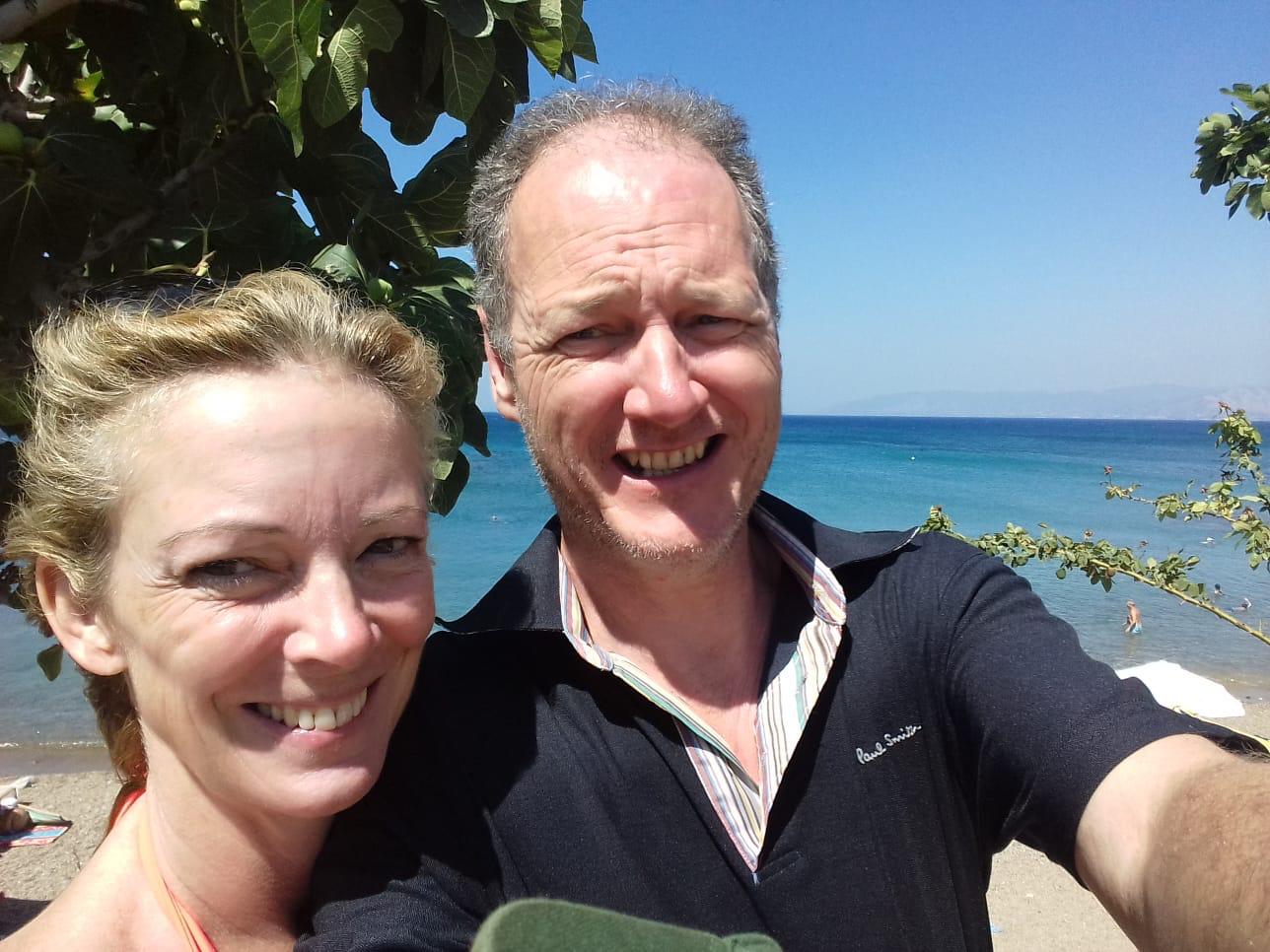
Susanna and Chris Naylor
My wife Alison and I first met Chris and Susanna at a social event in Beirut in October ’95. They had newly arrived as Christian workers in the Bekaa valley and it soon became obvious that both of them were keen naturalists and sympathized with our ideas of trying to get something going in the way of environmental conservation. We knew of A Rocha but they had only faintly heard of it. We met again at the end of the year and there was a lot more discussion about the environment and for the first time we talked about Aammiq, an area in Bekaa valley that had been a great wetland of international significance – it had Ramsar status – before the Civil War started in 1975, but had since become degraded. (I had been told by one leading environmentalist in Lebanon in 1995 that Aammiq was ‘finished’).
It wasn’t finished but it was critically endangered and after visits by various people including Peter and Miranda Harris it was realized that something could be done and the Naylors – who lived only 10 km away – were the people to lead the work. And lead it they did and very soon there was something that we were beginning to call ‘A Rocha Lebanon’. (As the second project it was also significant in seeing A Rocha go beyond being a local organization based in Portugal to an international one.)
As doors flew open in quite literally a miraculous way and the extraordinary Aammiq project evolved we became closely involved with both Chris and Susanna. Inevitably, I spent more time with Chris either out in the marsh or in meetings in Beirut, but we were well aware of Susanna’s role as mother, homemaker and patient host in the excitable, inquisitive and often frustrating village of Qabb Elias in the Bekaa.
It was not the easiest place to live. For one thing this was in an area of Lebanon that the British Embassy considered unsafe for UK citizens to visit, let alone permanently inhabit. The rumbles of artillery from the southern Bekaa were a perfectly normal background noise and Israeli air raids on the various ‘military targets’ in the valley were not uncommon. It was also bitterly cold in winter with thick snow and baking hot in summer. The road over to Beirut – which climbed to well over 1500 metres – was legendary in its difficulty with Syrian army checkpoints, snowdrifts in winter and an unnerving tendency to be accident prone.
The wetland itself was challenging. Uncontrolled hunting was common and it was hard to work out which landowning family owned exactly what. For the first few years a line of south-facing Syrian tanks and armoured vehicles marked the northern edge of the wetland.
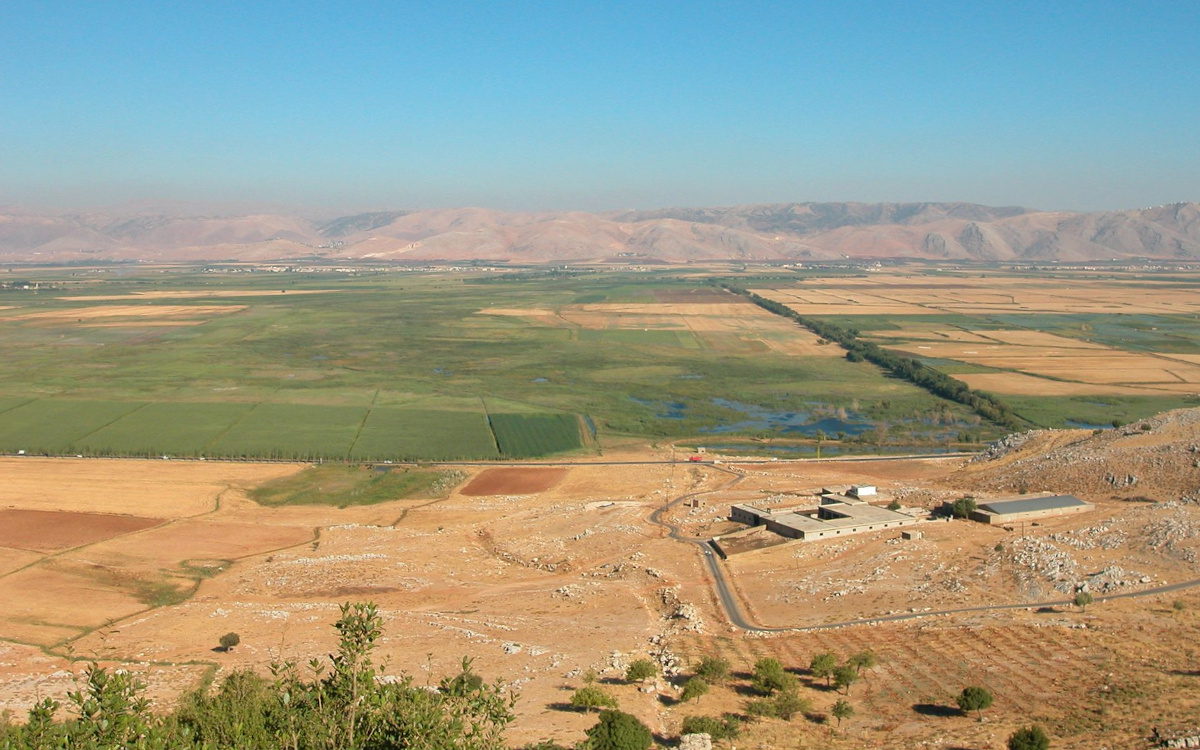
Looking down on the Aammiq wetland, summer 2003 (by Chris Walley)
Yet in this unpromising environment Chris and Susanna achieved an enormous amount. They had studied Arabic and worked hard to develop their skills with the colloquial form, and through it made many friends and contacts. Chris was remarkably gifted at getting alongside people and soon won the friendship – and certainly the respect – of the landowners, hunters and the often volatile mixture of individuals in Qabb Elias. There was a gentle grace about him that placated even inevitable men with automatic weapons who either had – or claimed they had – authority in this part of the Bekaa. Chris’s ability to make friends was also apparent in the endless meetings with landowners, the various ministries in Beirut and with other concerned NGOs. When I was with him I always came away impressed with his courage, wisdom and grace. In a culture which depended on the creation of links, loyalties and obligations, the way that Chris and Susanna displayed an open and unshakeable integrity was impressive. Everyone knew they could not be bought or manipulated: and that meant that they could be trusted.
Chris was a fine naturalist; he had a first-class scientific mind, a rich store of knowledge, boundless energy and a delight in the natural world. He was not simply a good field ecologist; he had a profound desire to understand the bigger picture, how everything from geology to agricultural practice worked together.
There is much more that could be said about what Chris and Susanna did, as demonstrated by the various stories being shared by their family and friends around the world. They played a remarkable role in hosting any number of visitors, whether birders, or environmentalists or just the curious. They were important in encouraging churches to consider their duty to the preservation of the natural world. Without in any way hiding their own Christian commitment they build strong links into many communities across the still deep sectarian divides that had exploded brutally in the 15 years of the Civil War.
In the end, Aammiq was saved. Although A Rocha now plays only a little role in its management today it is legally preserved and the wetland is now seen, with the biblical cedars, as one Lebanon’s natural riches. That it was preserved is in large measure due to the labours of Chris and Susanna.
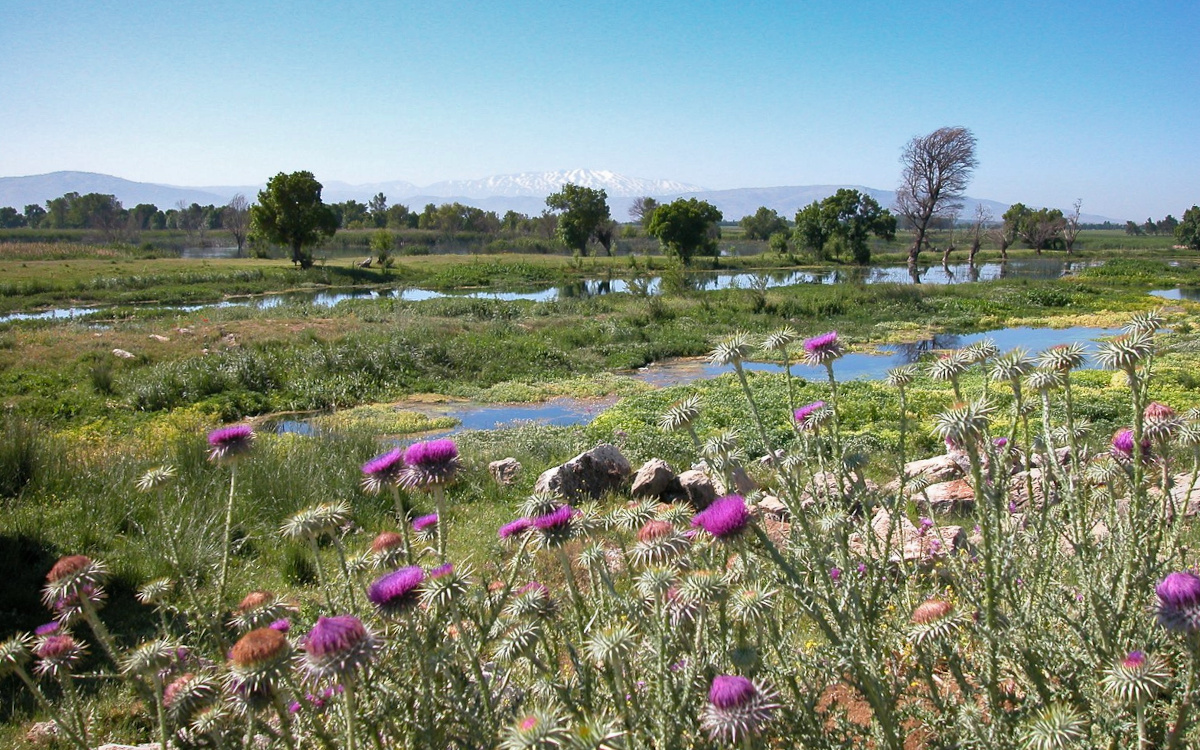
Aammiq in spring, looking towards the snow-capped Mount Hermon (by Chris Walley, 2003)
Chris mentioned something of what they did in his book Postcards from the Middle East but as those who were there, let us record that Chris’ characteristic modesty lead him to underplay both the achievements and the difficulties that he and Susanna faced. And difficulties there were. Yet Chris and Susanna knew what they were involved in, what the risks were and what challenges they faced. Theirs was a clear-eyed, intelligent and thoughtful commitment to Lebanon, to its people and to its natural riches. To the casual visitor, Chris and Susanna seemed to be impermeable to the wearying frustrations, perpetual crises and profound tensions that characterized the Lebanon whose civil war was recent (and possibly repeatable) history. Those of us who knew them were aware that what they were doing came with a cost. Yet there was a profound and deep Christian sense of calling and a trust in Christ that kept them going through and above it all.
Alison and I kept in touch after we left in 1998 and Chris, as ever ably supported by Susanna, continued to build friends and develop the work at Aammiq and indeed give A Rocha Lebanon a national presence. On their return to the UK, we were delighted to hear of his new role with A Rocha International and we continued to meet and communicate regularly.
It is tempting to think of what Chris and Susanna could have achieved had they been granted length of years. It is better perhaps to celebrate what they achieved in the time that was given them. Out of a sense of Christian calling, Chris and Susanna chose to bury themselves in one of the most difficult places in the Middle East. What they achieved there however is astonishing. It was not just the preservation of Aammiq – how many people get to save a Ramsar site? – but the way that they touched so many lives, encouraged so many individuals and demonstrated to all that there is a consistency with being a committed Christian and caring for the environment.
Chris and Susanna’s lives were well lived for God and for his creation. What more – or better – could be said of any of us?
We are happy for our blogs to be used by third parties on condition that the author is cited and A Rocha International, arocha.org, is credited as the original source. We would be grateful if you could let us know if you have used our material, by emailing [email protected].

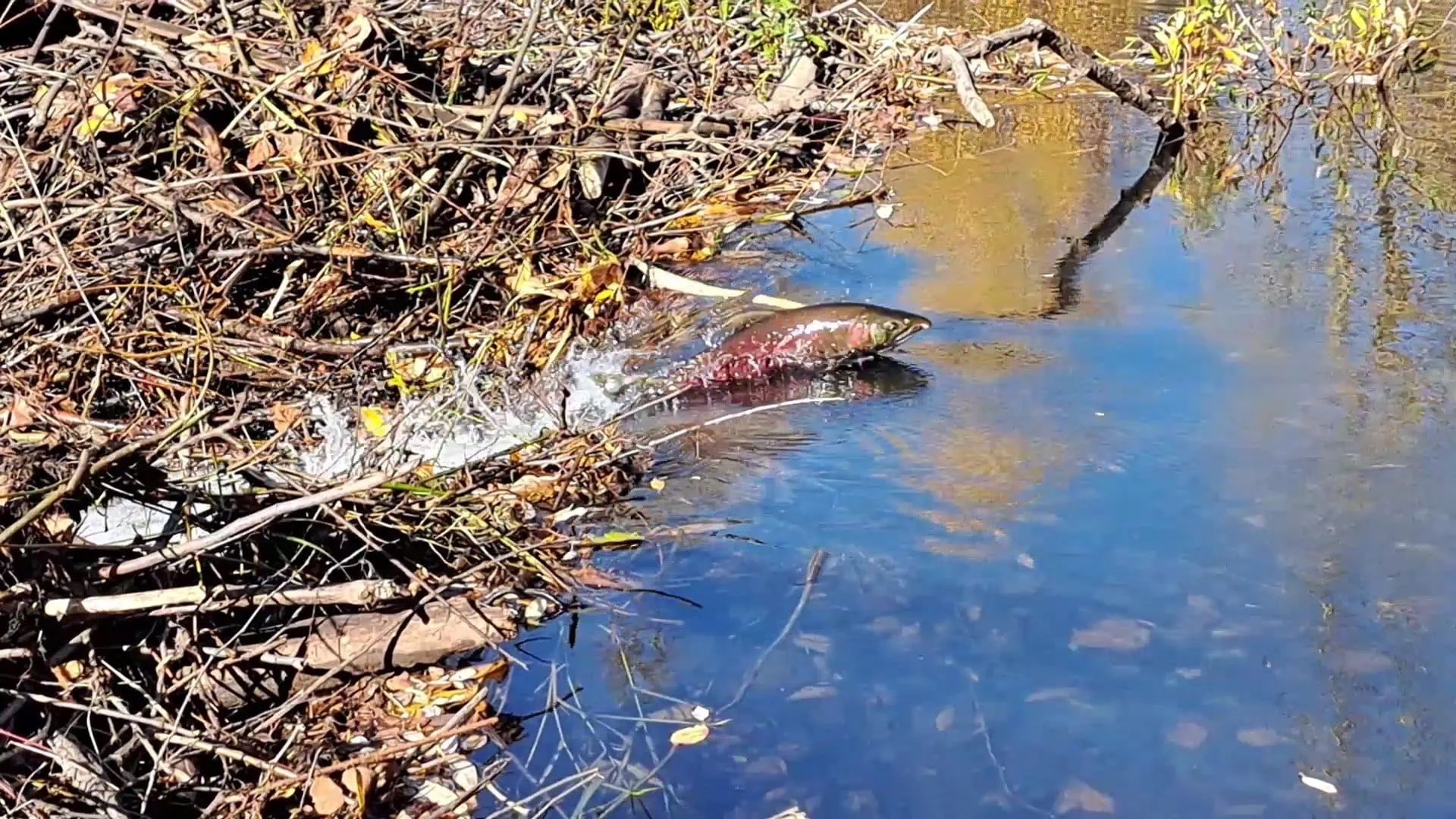
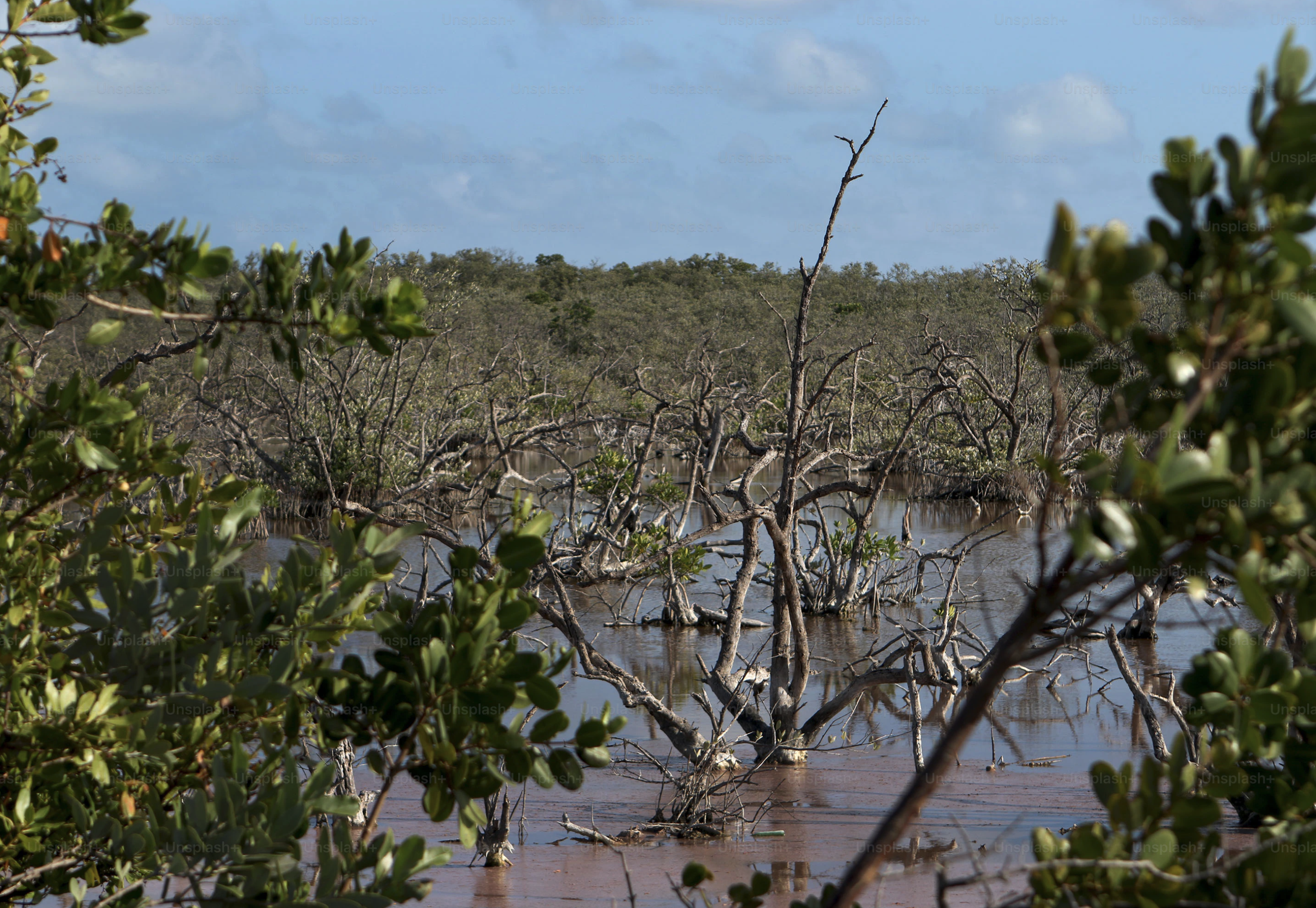
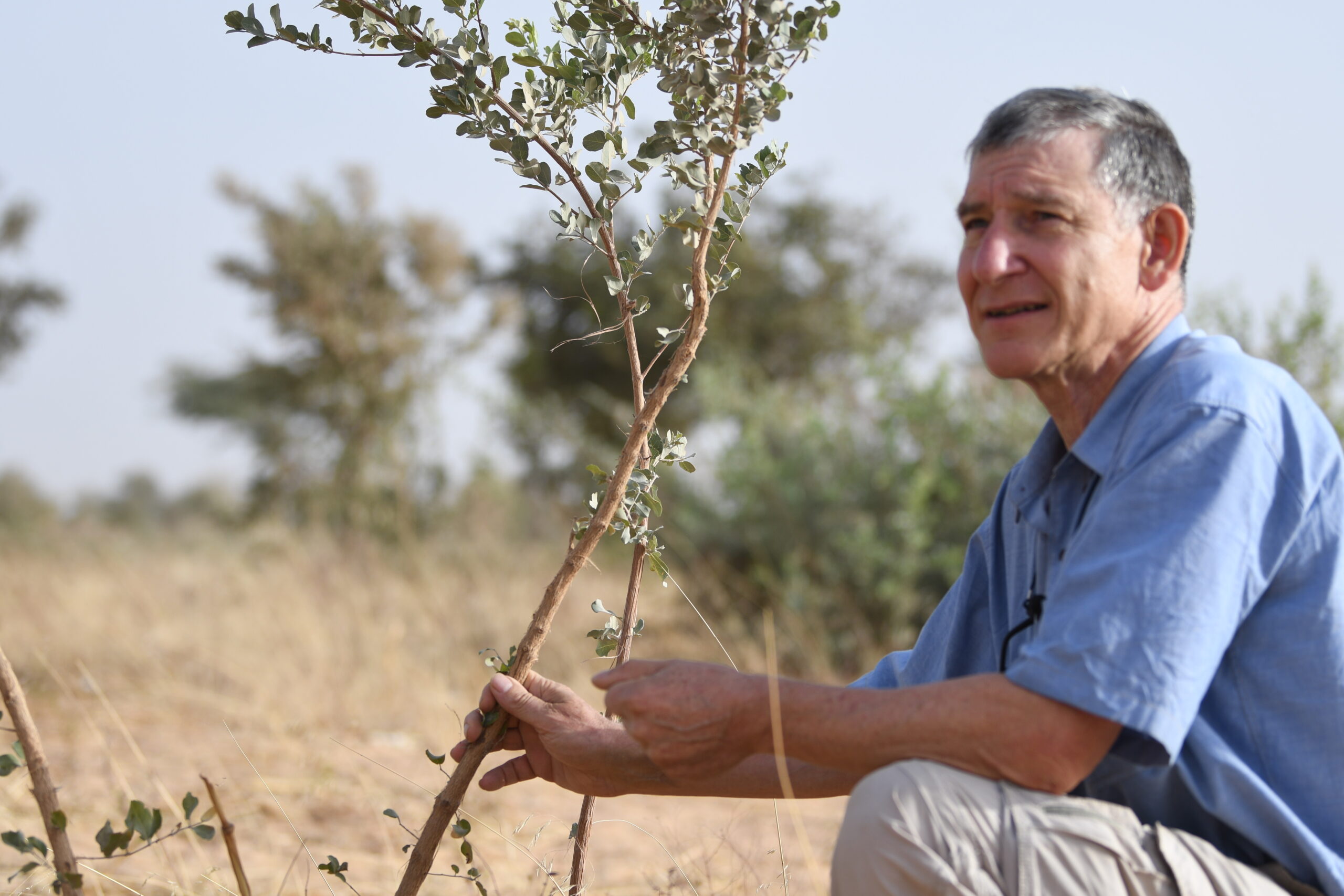
The families and friends of Chris and Susanna Naylor and Miranda Harris are suffering very grievous losses. Also,Peter Harris is facing some intense physical restoration. Most certainly I am in prayer for God’s perfect love to be manifested in this horrific accident.